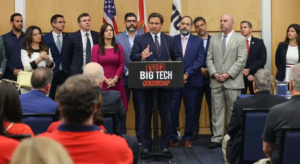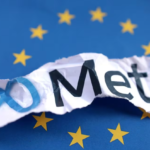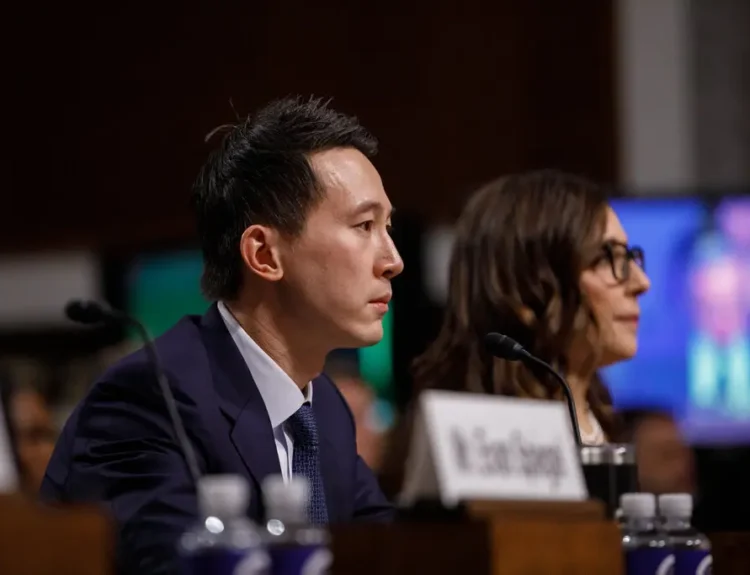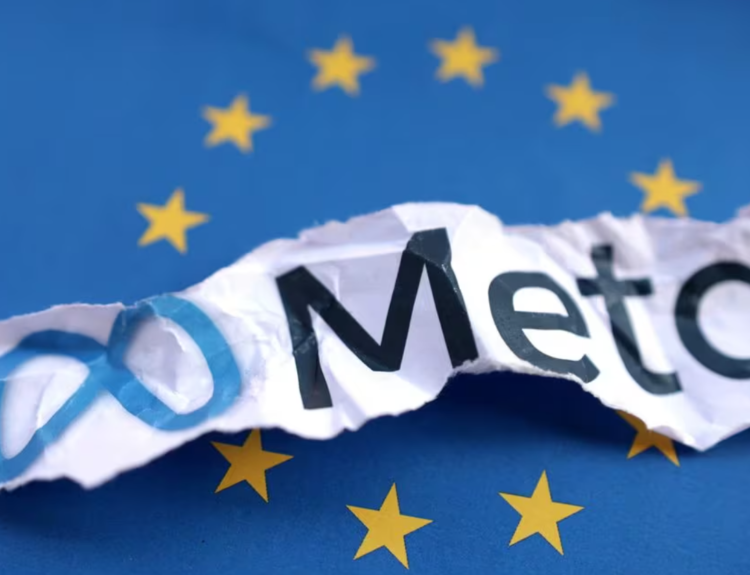In today’s digital age, the battleground for free speech and control isn’t located in physical realms but in the nebulous, ever-expanding universe of social media. A hot topic that’s stirring pots and raising eyebrows is the looming decision by the Supreme Court on whether states possess the power to dictate the future of social media. This decision could redefine the boundaries of online speech, government regulation, and the private sector’s role in public discourse. But what does this mean for you, the everyday user, the content creator, or the small business reliant on social media for visibility? Let’s dive deep into this complex issue and unwrap the layers that comprise this significant moment in digital history.
Contents
The Heart of the Matter
The core issue at hand is both simple and infinitely complex. It revolves around the question: Should state governments have the authority to regulate social media platforms, and if so, to what extent?
State Regulation: A Double-Edged Sword
- First Amendment Concerns: The foremost argument against state regulation of social media hinges on the First Amendment’s protection of free speech. Critics argue that allowing individual states to regulate content could lead to a fragmented internet, where the type of content allowed varies wildly from one state to another.
- The Counterargument: Proponents of state regulation assert that social media platforms have grown too powerful, often acting as gatekeepers who decide what content gets seen and what gets buried. They believe state regulation could democratize this process, ensuring a diverse range of voices get heard.
Potential Impacts on Users and Businesses
- Content Creators: Many fear regulations could impose stricter guidelines on what content can be monetized or even displayed, potentially stifling creativity and expression.
- Small Businesses: For small enterprises that rely on social media for marketing, state-level regulation could mean navigating a patchwork of rules, making it harder to launch effective, wide-reaching campaigns.

Historical Precedents and Legal Engagements
Legal battles over similar issues provide a backdrop for the current scenario. From debates over net neutrality to lawsuits against tech giants for antitrust violations, history shows us the complexity of regulating the digital space.
Previous Court Rulings
Court decisions in previous cases have set various precedents, underscoring the delicate balance between regulation and freedom. Each ruling, whether in favor of the tech companies or the regulators, paints a nuanced picture of the ongoing struggle to maintain an open yet safe digital environment.
The Possible Paths Forward
Speculation is rife about what the Supreme Court’s decision could entail. We face several potential futures, each with its own set of challenges and opportunities.
Scenario 1: Heavy State Regulation
In a world of stringent state regulations, we might see a fragmented digital landscape, where access and content vary significantly across borders. This could result in:
- Pros: More control over harmful content and misinformation.
- Cons: Difficulty in maintaining a unified platform for global discourse.
Scenario 2: Limited or No State Regulation
Alternatively, a decision against state regulation could maintain the status quo but amplify calls for federal oversight or even international agreements on digital governance.
- Pros: Consistency and ease of access for users and businesses alike.
- Cons: Continuation of concerns over misinformation and the monopolistic power of big tech.
A Call to Action: What Comes Next?
As we stand on the precipice of this landmark decision, all stakeholders in the digital realm must stay informed and engaged. Whether you’re an avid social media user, a content creator, or a business owner, the outcome of this decision will likely impact your digital experience.
It’s a moment for reflection on what kind of digital world we want to live in. Do we seek a more regulated space that attempts to curb the excesses of the internet at the possible cost of freedom and innovation? Or do we continue to champion a free, open internet with all its flaws and merits?
“The impending Supreme Court decision is not just about legal technicalities; it’s about shaping the future of our digital lives. Let’s ensure our voices are part of this crucial conversation.”
As we await the verdict, let’s not forget the power of our collective action and dialogue in shaping a digital ecosystem that reflects our values and aspirations. The fate of social media, in many ways, lies in the balance of this legal decision, but it also rests in the hands of billions of users worldwide.







